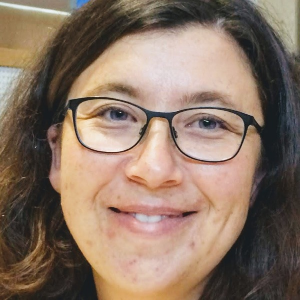Exotic Animals
Exotic pets are animals that are relatively rare or odd to keep, or are often thought of as wild creatures rather than pets. The definition varies by culture, place, and time—as animals become well-established in the world of animal fantasy, they may lose their exotic status. The definition is changing; several rodents, reptiles, and amphibians have established themselves in the world of animal fantasy to the point where they are no longer regarded exotic. Exotic pets might include any unique or unusual-looking animal. "Exotic" usually refers to a species that isn't native or indigenous to the owner's area, whereas "pet" refers to a companion animal that lives with people. Any live monkey, alligator, crocodile, cayman, raccoon, skunk, fox, bear, sea mammal, poisonous snake, feline species other than domestic cat (felis domesticus), canine species other than domestic dog (canis familiaris), or any other animal that would require a higher level of care and control than that required for common household pets sold in pet stores or domestic farm animals is considered an exotic animal. Millions of wild animals are captured from their natural habitats or born into captivity each year for the sole purpose of becoming pets. Our homes are not fit for a wild animal to live in.
- Issues
- Risk to Humans
- Exotic Animals as Pets

Marco Polettini
DVM, Italy
Andreia Freitas
INIAV/REQUIMTE, Portugal
Andreia Freitas
INIAV/REQUIMTE, Portugal
Kedibone Gloria Kgosana
Sefako Makgatho Health Sciences University, South Africa
Nnenna Ugwu
Anglia Ruskin University, United Kingdom
Rubens Dias de Melo Junior
Universidade Federal de Goiás, BrazilSubmit your abstract Today
Important Alert:
X


Title : Analyzing veterinary medicine residues in food: A comprehensive guide
Andreia Freitas, INIAV/REQUIMTE, Portugal
Title : Quantifying changes in facial expression following hot-iron disbudding under procaine hydrochloride and meloxicam treatment in Holstein dairy calves
Nnenna Ugwu, Anglia Ruskin University, United Kingdom
Title : Trypanosoma vivax in and outside cattle blood: Parasitological, molecular, and serological detection, reservoir tissues, histopathological lesions, and vertical transmission evaluation
Rubens Dias de Melo Junior, Universidade Federal de Goiás, Brazil
Title : Characterization of porcine rotaviruses in the Czech Republic
Romana Moutelikova, Veterinary Research Institute, Czech Republic
Title : Determination of Circulating Foot-and-Mouth Disease Virus Serotypes in Kenya (2023)
Hellen Mutua, Foot and Mouth Disease National Reference Laboratories, Kenya
Title : Welfare for Amazonian wild animals
Eliane Cardoso Carvalho Moraes, Jungle Warfare Training Center/ Army, Brazil